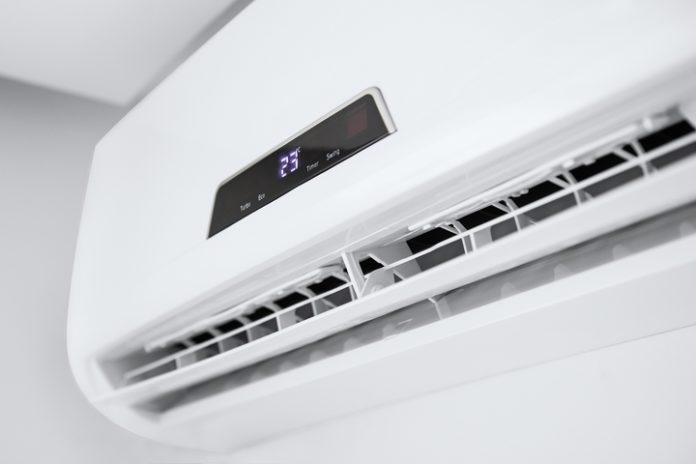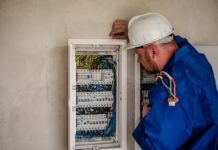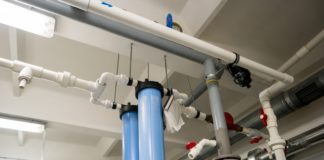There is no denying that walking into a room of cold air is refreshing and satisfying. Cold air is crucial for comfort at home, especially when the temperatures keep rising. To ensure you have cold air circulation, you should invest in a robust air conditioner that is guaranteed to last for a long time and function well during the summer months. You want to ensure you get an air conditioner that can keep larger spaces even cooler.
Other essential features include the sound of the air conditioner and thermostat control. Always invest in a high-efficiency air conditioner that will keep your rooms fresh and comfortable, making it easy to relax at all times. Understanding how your air conditioner works is not just for certified technicians, you should learn the basics A/C and their components to
Here are some recommended ways for how to make an air conditioner colder during the hot summer months:
1. Older Model
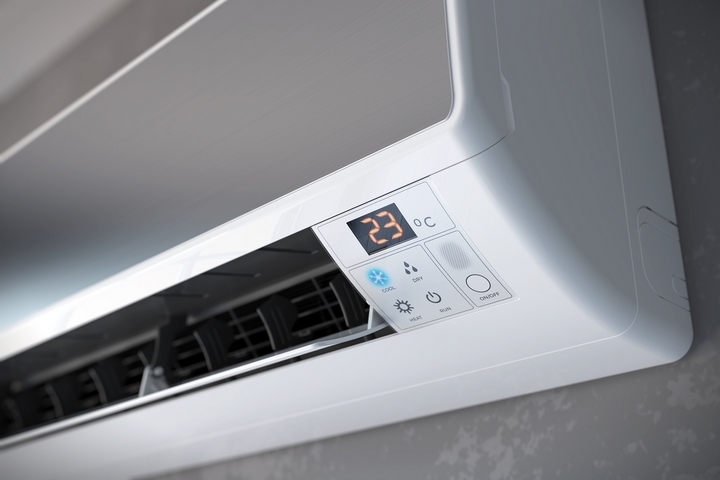
The best way to make an air conditioner colder is by making sure your A/C system is up to scratch. You may have to replace your old model with a new one only because the old units are not as efficient than the newer models. Old models are noisy and can add to your energy bills. Don’t even wait to repair an older model if it breaks down.
Use this opportunity to get a robust air conditioner with the needed features to make your rooms cold and refreshing. A/C repair companies will recommend this to you when you show them your older model.
2. A/C Maintenance
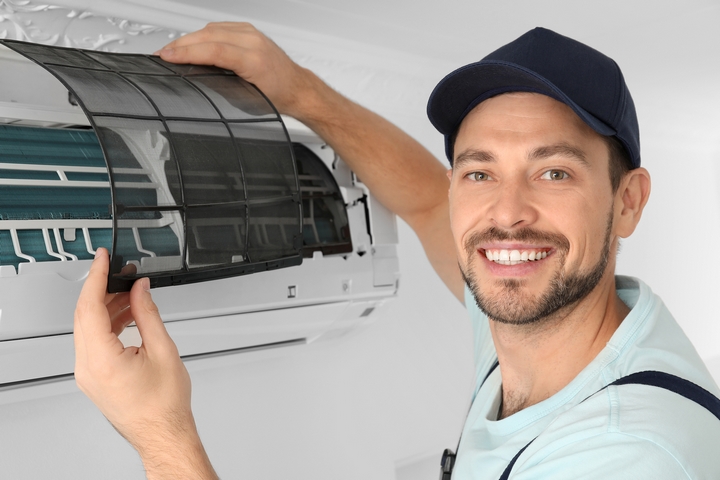
It can get very sweaty and uncomfortable when your air conditioner breaks down. You should consider checking your A/C before the summer months so that you are prepared for the hot season. The last thing you want to deal with during summer is having to give your A/C for repairs. Many qualified experts carry the right utility parts to help you repair your air conditioner in time. Invest in yearly maintenance to keep your air conditioner operating at 100% at all times.
3. Filter Cleaning
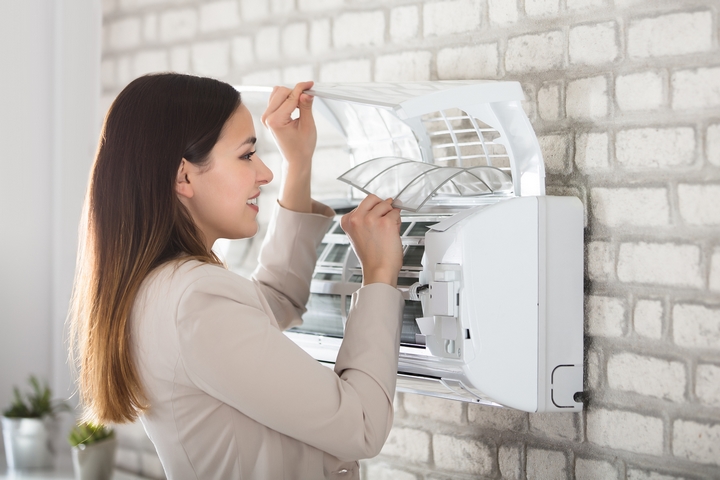
A clean filter will ensure the efficiency of your air conditioner. Routinely replacing and even cleaning your air conditioner filters will prevent dirt blockage. This blockage can impact normal airflow and reduce the system’s efficiency significantly. You can do it yourself or ask the experts to have a look to see if your filter needs to be replaced.
4. Placement
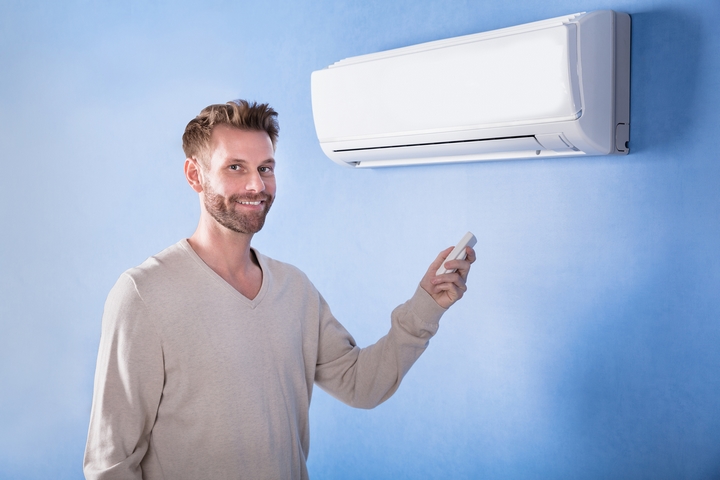
The location of your air conditioner matters. You need to choose a spot that will allow the air to circulate within the room. The right placement will maximize your air conditioner efficiency. You want to avoid rooms that receive a lot of sunlight as your A/C unit will have to work harder to keep the room cold. It may not be able to distribute maximum air to all the rooms within your home.
5. Refrigerant
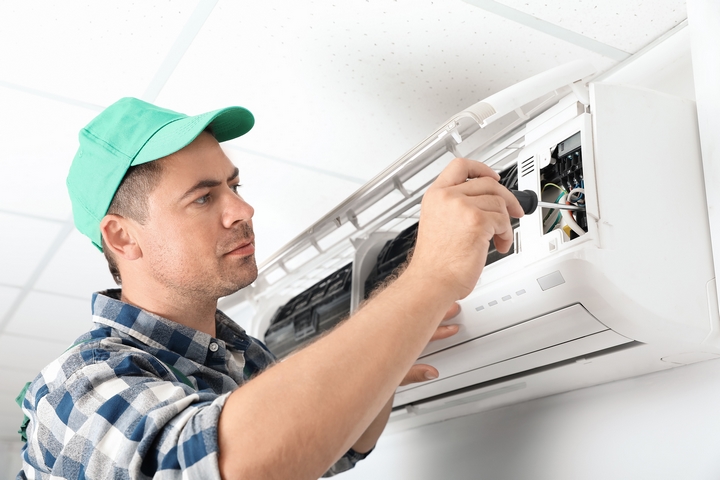
Your A/C takes advantage of the refrigerant properties. Without the refrigerant, there would be no air conditioning or freezing technology. This component absorbs the heat from the environment and provides refrigeration when combined with other elements as a compressor and evaporator.
The refrigerant that is contained within a copper coil of the AC, absorbs heat from inside. It then transitions from a low-pressure gas to a high-pressured liquid, leaving the hot air outside. This transition works as a repeated cycle. Refrigerant is essential for moving heat from indoors to the outdoors.
For this to be achieved, the refrigerant must be at a specific charge at all times. A drop in the charge level can impact the cooling power of your air conditioner and damage the compressors within. If you notice reduced cooling or ice, these signs indicate that your refrigerant needs repair.
6. Short Cycling
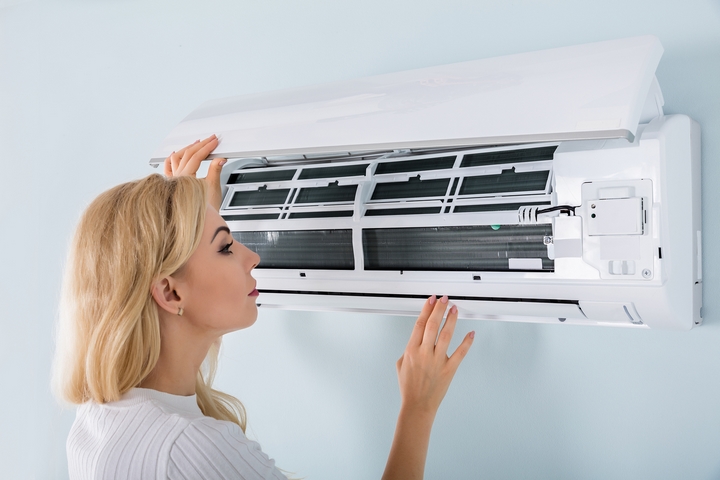
If your air conditioner turns on and off in short intervals, it is called short cycling. This means your air conditioner is not functioning normally and is not able to cool your home correctly. Your air conditioner becomes inefficient and reduces the comfort in your home. Finding the problem and fixing it quickly, will prevent further damage to your A/C. Short cycling is commonly caused by low levels of refrigerant or overheating of parts.
7. Fix Leaks
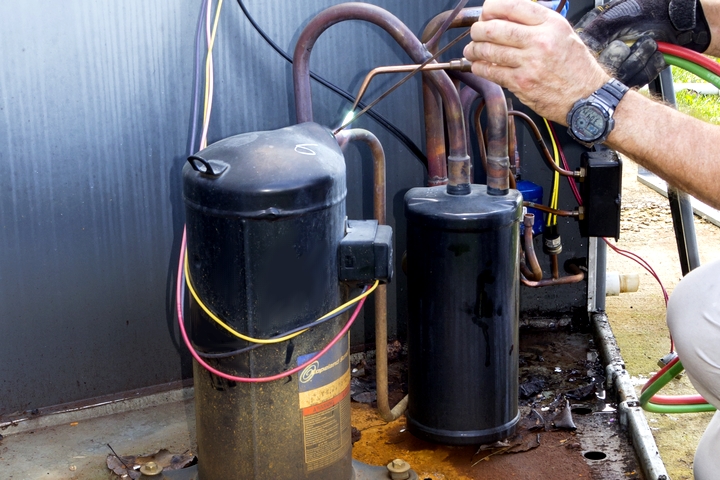
If your air conditioner is not cooling as fast and the vents are blowing warm temperature air, then there is likely a leak in your system. There can be many causes for a leak in your air conditioning such as a clogged condensate drain line. If it is a refrigerant leak, you may need to call in a professional who can fix the leak, check the repair and charge the system with the right amount of refrigerant.
A refrigerant leak can be dangerous and therefore need to be addressed immediately to prevent any harm to you and your loved ones at home. Your A/C could also have a water leak. This is because the air conditioner produces moisture during operations. If you see water leaking, it means that the moisture is not draining properly and there could be issues with the drain lines.

